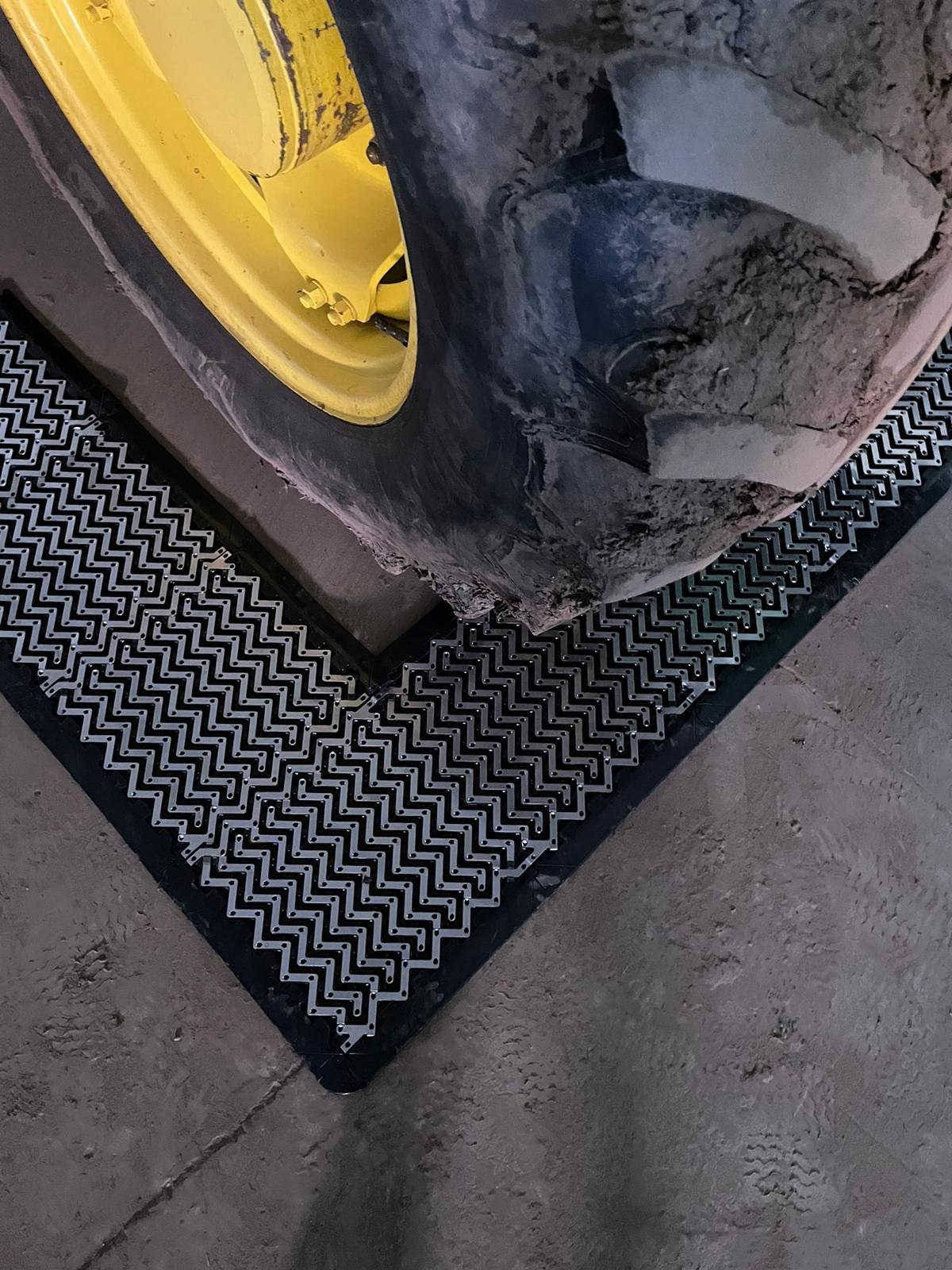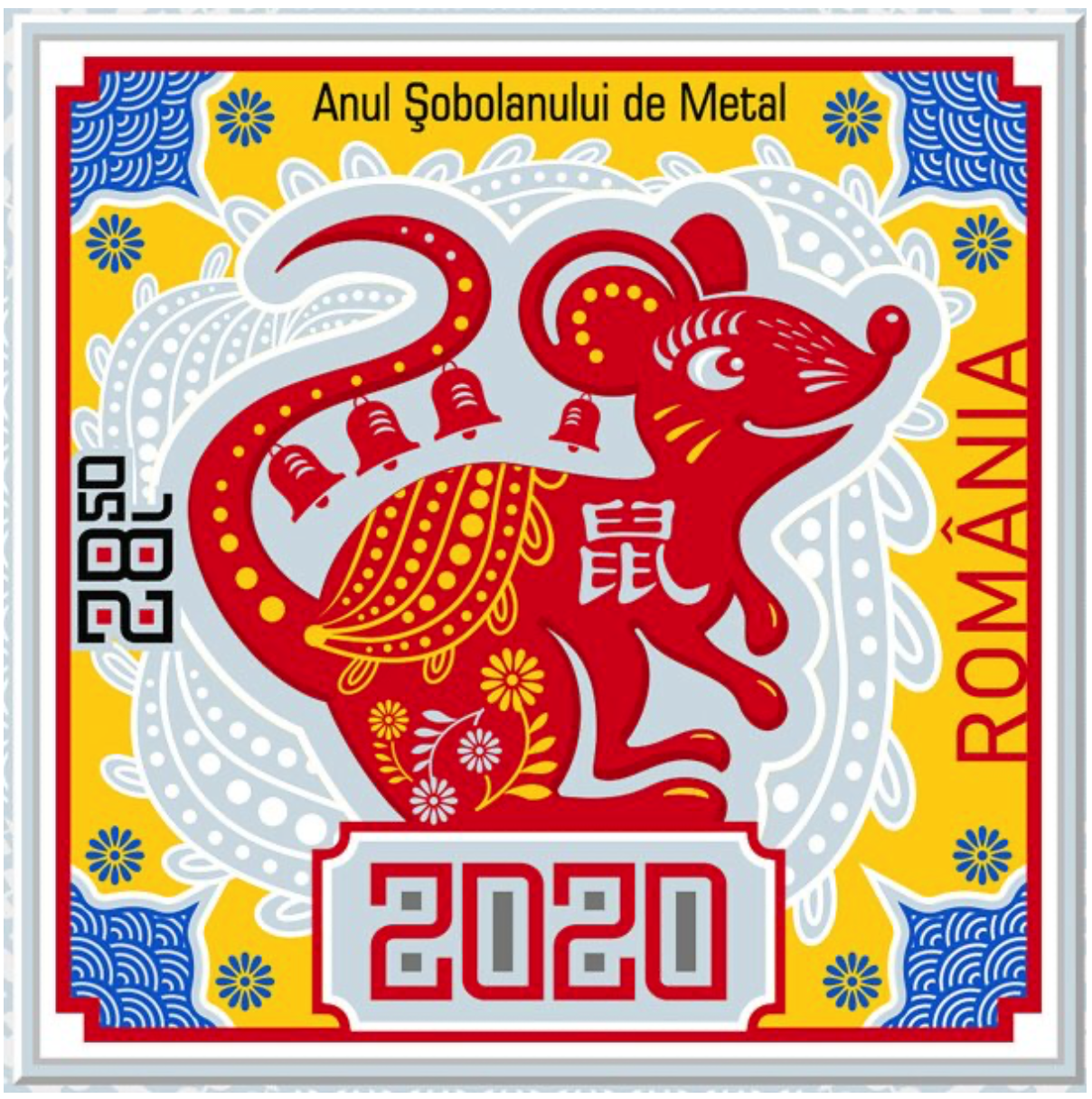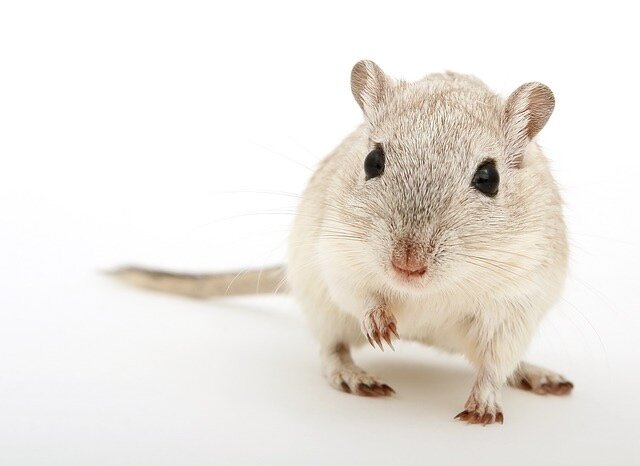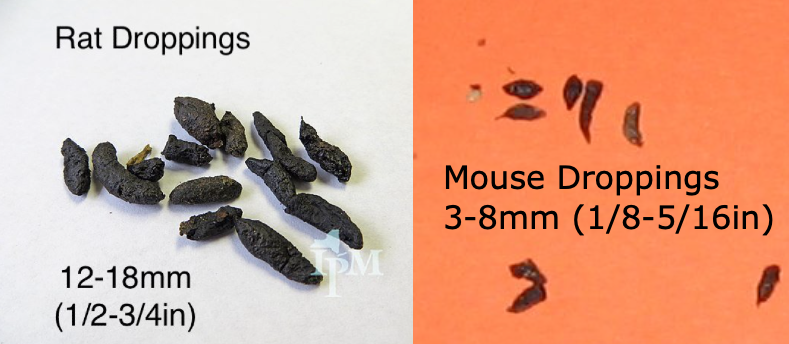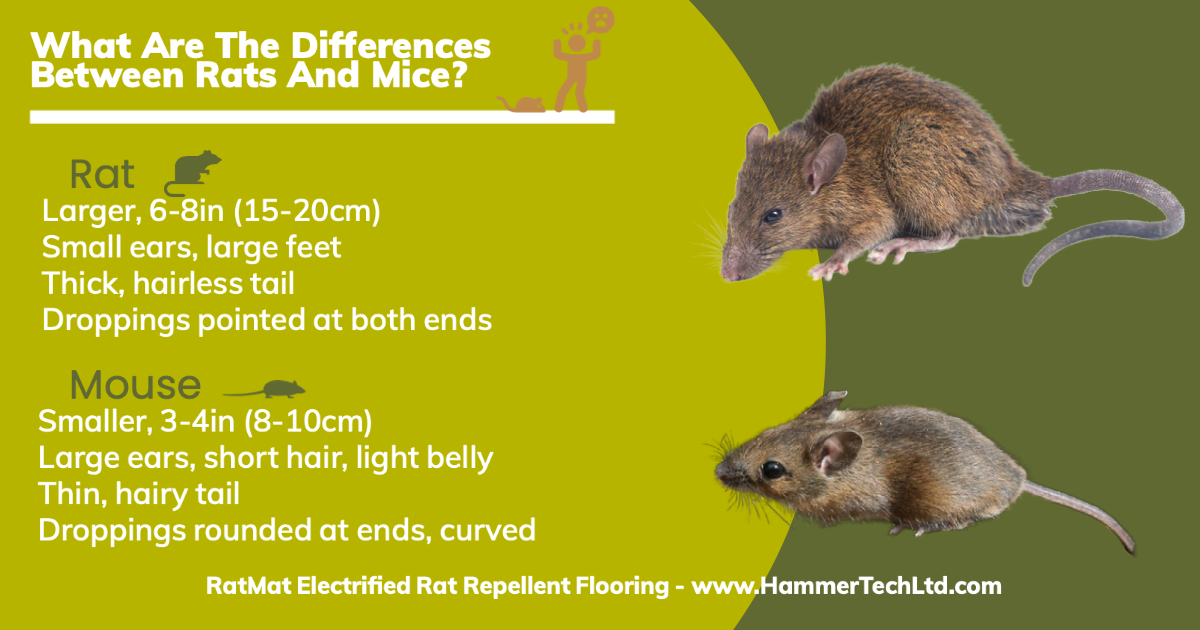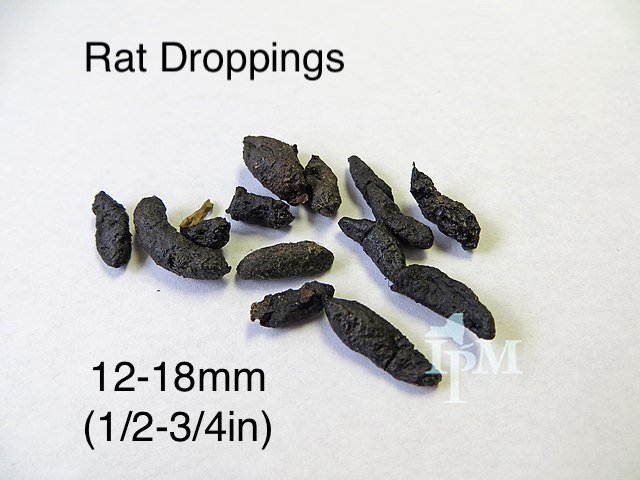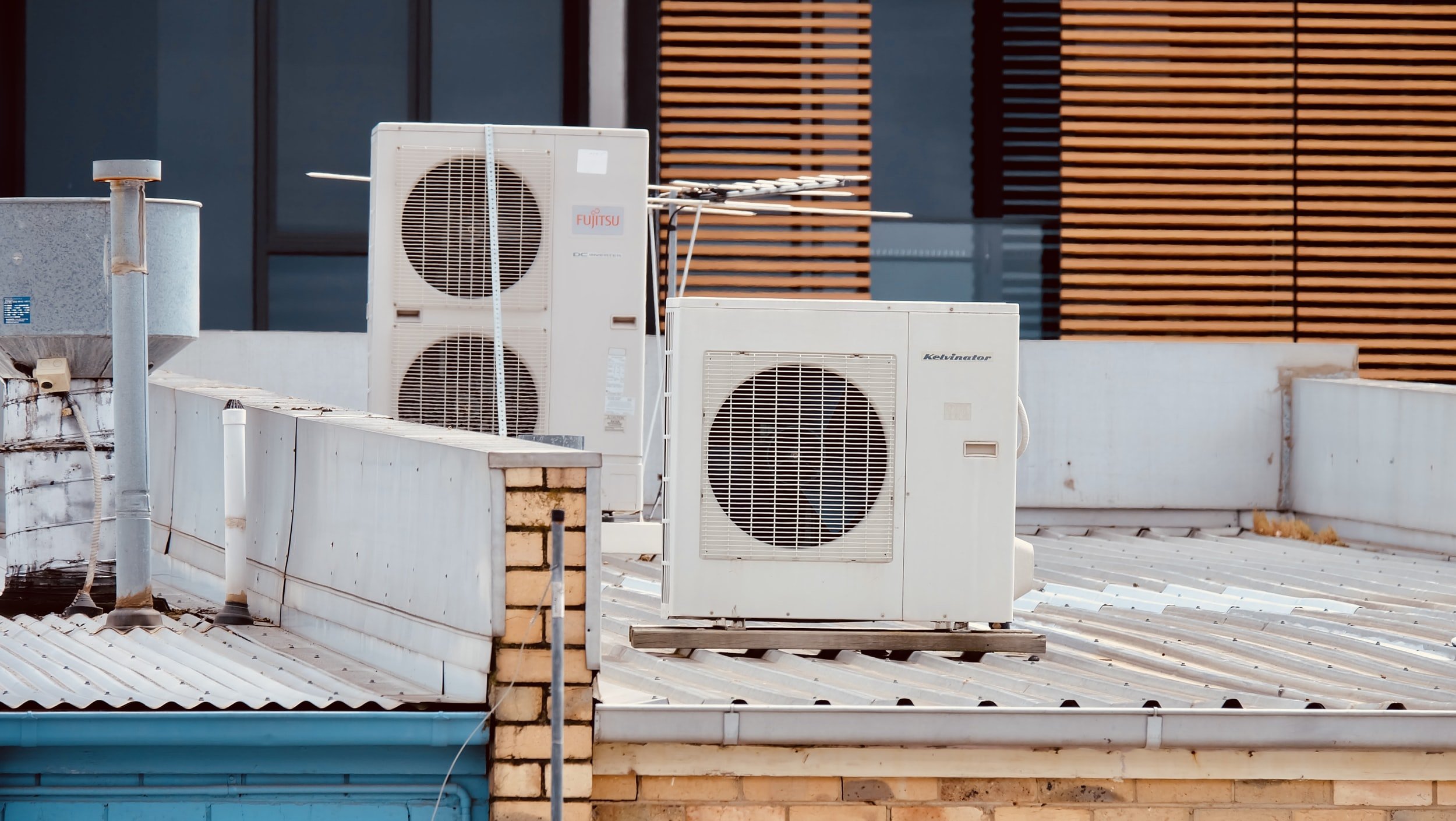Rats and mice can cause a range of problems on farms including:
How To Control Rats And Mice On Farms
Crop damage. Rodents that eat grains, fruits, and vegetables can seriously harm crops. For farmers that need to know how to control rats and mice on farms, this might result in financial losses.
Contamination. With their urine, faeces, and hair, rodents can contaminate food and water supplies, which can cause sickness and illness to spread.
Structural damage. Rodents will munch on things like plastic, wood, and other things. Buildings, machinery, and equipment may sustain damage as a result of this weakening of structures.
Disease transmission. Hantavirus, leptospirosis, and salmonella are just a few of the illnesses that are known to be carried by rodents. Both farm animals and people may be at risk for health issues as a result of this. If you are wondering if you have found rat urine on your farm check out our post here; https://www.hammertechltd.com/blog/what-does-rat-urine-smell-like
Predation. Farmers may suffer losses as a result of rodents consuming eggs, chicks, and other small animals.
In general, rodent infestations may significantly affect a farm's production and profitability. Additionally, they may be harmful to both humans and animals' health and safety. If you are looking to protect your farm in France please contact our French distributor here; https://www.ratmat.fr
How Can RatMat Rat Repellent Flooring Help?
RatMat, our specialised electrified flooring system is made to keep rodents away from target areas. This includes farms. RatMat rat repellent flooring can aid in the control rats and mice on farms in the following ways:
RatMat Is Ideal For Controlling Rats And Mice On Farms
Deters rodents. When rats come into contact with RatMat flooring, it emits a weak electrical pulse as part of its unique design. This pulse is safe for both people and animals, yet it is effective in keeping mice and rats out of the vicinity.
Prevents infestations. Rodents are prevented from accessing high-risk locations using RatMat. This means that it may help in preventing infestations, as well as the harm and contamination that they bring.
Cost-effective. Compared to other techniques of rodent management, such as poison bait and traps, RatMat is a more affordable option. The cost of implementing and maintaining these might be high.
Easy to install. RatMat may be put over pre-existing floors or surfaces and is simple to install. This suggests that it doesn't cause any disruption or downtime during installation and can be done quickly and easily on farms.
Long-lasting. RatMat is a dependable and long-lasting solution that can help you keep mice and rats under control on farms for many years.
In conclusion, RatMat rat repellent flooring is a highly successful and useful method for controlling rats and mice on farms. It helps in defending animals and crops from rat infestation and harm.
What Are Some Simple Things Farmers Can Do To Keep Rodents At Bay?
There are a number of easy steps farmers may take to control rats and mice on farms. Here are a few smart solutions;
Keep the farm clean. Clean up spilt feed, trash, and other food and water sources that can draw rats on a regular basis. Maintaining cleanliness on the farm can help keep rodents away since they are drawn to areas with food supplies.
Store feed properly. Feed for animals should be kept in tight containers made of sturdy materials that rats can't nibble through. Also, avoid leaving open feed containers lying about since this might attract rats.
Seal entry points. Even little holes and openings provide rodents access to structures. Use caulking or other rodent-resistant materials to seal any openings. These are usually near doors, windows, and foundations.
Remove clutter. Rodents prefer to hide in crowded spaces. To stop rats from discovering hiding spots, keep storage spaces neat and clutter-free.
Install RatMat flooring. RatMat flooring may be a very practical and successful approach to stop rodent infestations. It is cost-effective, long-lasting, ecologically friendly, and humane.
Implement a pest control program. Implementing a regular pest management programme using baiting and traps can be beneficial. It is critical to take precautions like closing entrance points and maintaining a clean farm.
Farmers may help avoid rat damage to crops and the resulting financial losses by following some easy actions.
What Are The Problems With Conventional Rodenticides?
Chemical substances called conventional rodenticides are employed to keep rodent populations under control. Although they can be useful in lowering rodent populations, their use has a number of drawbacks.
Environmental toxicity. Traditional rodenticides have the potential to be hazardous to pets, livestock, and wildlife. They have the potential to pollute plants, water, and soil, causing long-term environmental harm.
Secondary poisoning. Animals such as birds of prey may hunt rodents that have consumed rodenticides. As a result they may come into contact with the poisonous chemicals. This may result in more poisoning and a hazardous cascade up the food chain.
Resistance. Rodents may eventually become resistant to common rodenticides. This method is less successful in reducing infestations as a result.
Slow-acting. The effect of traditional rodenticides may require several days to work. Rodents might continue to harm property and transmit disease throughout this time.
Human health risks. Humans exposed to conventional rodenticides run the risk of health problems. Either directly or through tainted food or water sources.
Cost. The excessive use of pesticides on farms comes with major time and money outlays. Additionally expensive and time-consuming, certifications are required.
Traditional rodenticides have the potential to harm the environment, other animals, and people. Animals such as birds of prey may hunt rodents that have consumed rodenticides. As a result they may come into contact with the poisonous chemicals.
How Does RatMat Compare to Traditional Rodenticides?
RatMat rat repellant flooring provides a number of benefits over traditional rodenticides, including:
Non-toxic. RatMat uses no chemicals or toxins and is a non-toxic solution. As a result, it is safe for people, animals, and the environment.
Humane. Rodents are repelled by RatMat rather than harmed. As a result, it is a more compassionate method of controlling rodents.
Effective. It has been demonstrated that RatMat is highly successful in preventing rodent infestations. Rodents can't enter a protected area because of its distinctive design and structure, which helps keep them out.
Long-lasting. RatMat is a strong, long-lasting solution that may offer security for many years to come. This can reduce the requirement for repeated replacements or applications of other methods.
Easy to install. RatMat may be utilised in a number of locations, including farms, barns, and other agricultural operations. It is very simple to install. Farmers themselves are able to install it because it doesn't need any specialised tools or equipment.
Low maintenance. RatMat is a strong, long-lasting solution that may offer security for many years to come. This can reduce the requirement for repeated replacements or applications of other methods.
A sustainable and efficient option for rodent control on farms is provided by RatMat. It is an excellent substitute for rodenticides because of its non-toxic and humane design. This, together with its efficacy and toughness, makes it perfect for use in agricultural units.






